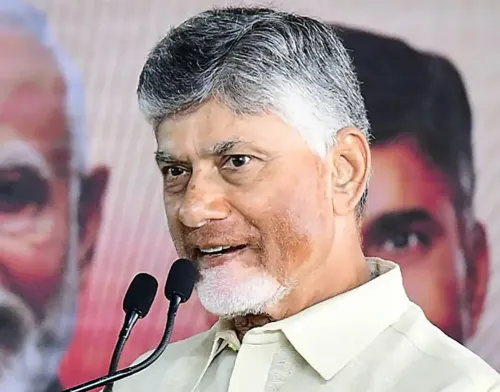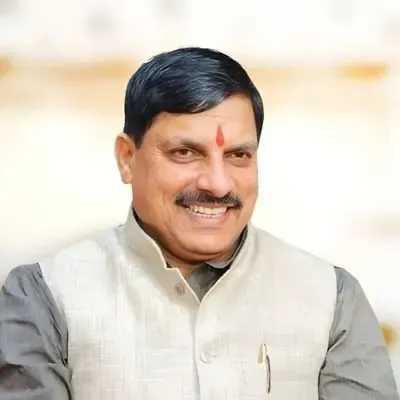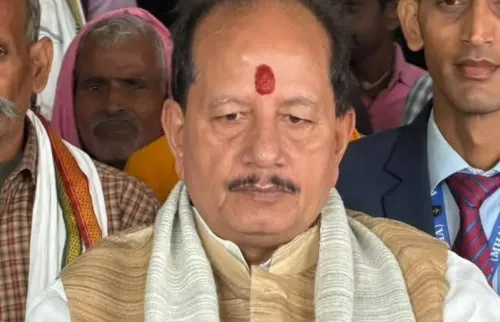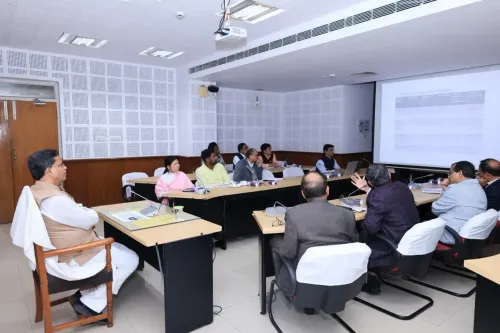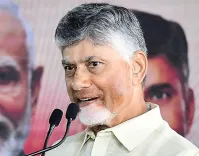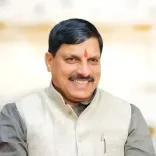Is Bharat's Vision of Becoming a Developed Nation a Reality?
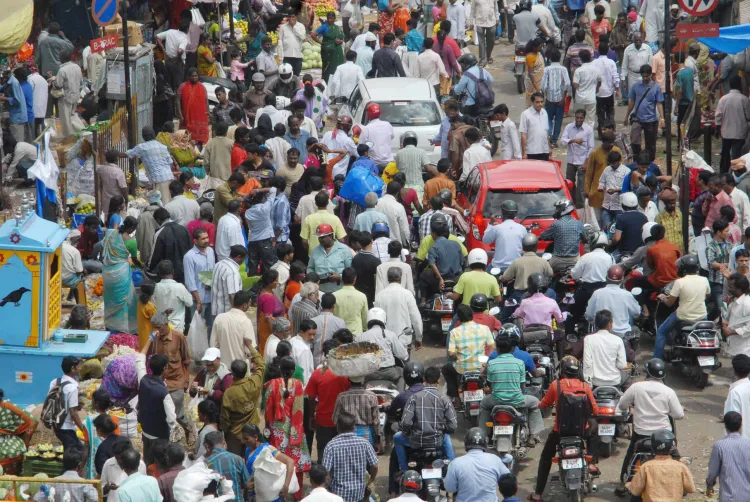
Synopsis
Key Takeaways
- Demographic challenges must be addressed for sustainable development.
- Income inequality is a pressing issue affecting the middle class.
- Political accountability is essential for public trust.
- Judicial reform is needed to ensure timely justice.
- Gender equality is crucial for national growth.
- Social harmony can be achieved through mutual respect and education.
New Delhi, Aug 14 (NationPress) As Bharat commemorates its 78th year of independence, it stands on the brink of becoming the third-largest economy globally. However, to genuinely transform into a developed nation, it must address several vital issues.
Bharat, a federal republic, boasts rich religious, cultural, and linguistic diversity. Yet, many regions exhibit a lack of national cohesion and social harmony. Although Bharat ranks seventh in geographical size, it has recently become the world's most populous nation, primarily due to ineffective policies since independence. This has led to a persistent rise in demand across various sectors, many of which the government may struggle to fulfill now or in the foreseeable future. With ongoing demographic transitions, Bharat needs to formulate solutions to numerous challenges. Discussing these critical issues and potential solutions is essential for ensuring a promising future for the next generations.
Policy Formulation for Demographic Change
Demographic shifts have emerged as a significant challenge in Bharat since independence. The potential perils of unchecked population growth were evident at independence. Acknowledging this, Bharat initiated the world's first family planning program in 1952, following its first post-independence census. During the 1970s, sterilization drives were executed, and families were incentivized to undergo sterilization. However, due to insufficient education and awareness, Bharat, despite being the pioneer in population control discussions, has now become the most populous nation. This uneven population growth across different communities has raised concerns regarding religious demographic shifts.
Migration also plays a crucial role in demographic change. It is often said that progress is unattainable without migration. At independence, merely 17% of Bharat's population resided in urban areas, but this figure has surged to 40% in the present day due to migration. While urban areas are grappling with overpopulation, many rural areas now predominantly house the elderly. Hence, Bharat urgently requires a comprehensive demographic change policy. Two years ago, the Government of Bharat announced the formation of a high-level committee for this purpose during the budget session, but there has been no subsequent update.
Tax Burden on the Progressive Middle Class
Population pressure has resulted in income inequality in Bharat. Concurrently, the responsibility of providing basic amenities has increasingly fallen on the middle class, leading many to seek better opportunities abroad. In their quest for votes, political parties are offering various freebies funded by taxpayers' money, fostering dependency and reducing productivity. This situation undermines the demographic dividend that a young Bharat should ideally harness.
Migration from rural to urban areas, interstate, and even international migration is steadily on the rise. The government must provide basic services such as education, healthcare, and employment at the village level. Furthermore, a national policy should be established to raise awareness and responsibility among citizens, possibly through a 'Responsible Parenthood Act' ensuring couples have only as many children as they can adequately support. This would lead to better upbringing for children and cultivate future citizens who contribute to the nation rather than becoming a burden on taxpayers.
Political and Administrative Accountability
Since independence, taxpayers in Bharat have significantly contributed to the nation's development. Yet, due to overpopulation and its persistent burden, taxpayers often feel cheated. Furthermore, numerous scams and cases of corruption within political and administrative bodies have eroded the trust of honest taxpayers. As a consequence, particularly after the COVID-19 pandemic, many are seeking better opportunities abroad.
It's disheartening that despite billions lost to corruption since independence, most offenders remain unpunished. There is almost no accountability for political and administrative institutions towards taxpayers. Moreover, government policies and their enforcement seem more focused on instilling fear rather than nurturing business growth. Meanwhile, certain groups thrive under administrative protection while evading taxes, placing honest businesses at a competitive disadvantage. Therefore, there is an urgent need for policies centered on taxpayers and business owners, fostering an environment that promotes business while preventing capital flight from the country.
Need for Judicial Reform
Despite numerous high-profile scams since independence, many accused individuals roam free due to Bharat's judicial system. The judiciary often appears biased towards the affluent and influential. Even the Supreme Court has encountered credibility challenges. The adage 'Justice delayed is justice denied' rings particularly true in Bharat, where approximately 52 million cases are pending, with 85% in district and session courts. When revenue-related cases are included, the number exceeds 100 million. With around 300 million families in Bharat, nearly 200 million are tangled in various legal disputes. This statistic is alarming.
The lack of timely justice, coupled with escalating unemployment due to population pressure and resource scarcity, has led to rising crime rates. Consequently, the fear of the law among citizens is diminishing. The government must ensure the prompt resolution of pending cases and establish policies to hold the judiciary accountable to the public.
National Unity and Social Harmony
To realize the vision of 'Ek Bharat, Shreshtha Bharat,' national integration is crucial, which cannot be achieved without social harmony. Our nation faces divisions along lines of religion, caste, language, culture, and region, often resulting in discord and conflict. Genuine integration necessitates mutual respect and affection among individuals from all backgrounds.
To facilitate this, state governments should ensure schools offer options to teach all of Bharat's languages. If foreign languages can be taught, why not Bharat's? Additionally, state laws that prevent citizens from other states from acquiring land should be abolished. Lastly, both central and state governments should promote inter-caste marriages by providing incentives such as preferences in government jobs, tax rebates, reduced stamp duties on property purchases, and discounts on vehicle registrations.
For fostering religious harmony, the government must establish regulations concerning the construction of new religious sites while simultaneously introducing modern education in minority community educational institutions where literacy levels are low. Only then can we build a genuinely united Bharat with such a vast population.
Gender Equality and Women's Empowerment
Women represent nearly 50% of Bharat's 1.5 billion population. Without achieving gender equality and empowering women, it is almost impossible for Bharat to advance as a developed nation. Can any nation truly progress if half of its population is excluded from that journey?
As we approach the 79th year of independence, it is imperative for the central government to implement the Uniform Civil Code (UCC) nationwide, fulfilling Dr. B.R. Ambedkar's vision under Article 44 of the Constitution. The state of Uttarakhand has already pioneered this initiative by enacting the UCC. The entire nation should now follow suit and be enriched by this legacy originating from the land of the gods. As the saying goes: 'Yatra nāryastu pūjyante, ramante tatra devatāḥ' (Where women are respected, there the gods dwell).
(Manu Gaur is a population expert and Member, Expert Committee, Uniform Civil Code, Uttarakhand)


